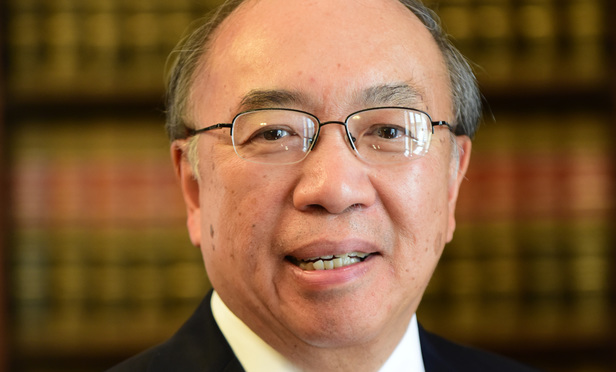The 14th Amendment to the U.S. Constitution, ratified in the wake of the Civil War, addressed several important objectives. It expressly prohibited the states from depriving persons of life, liberty, or property without due process of law, a prohibition already imposed upon the federal government by the Fifth Amendment. Various decisions of the U.S. Supreme Court have established that the 14th Amendment also incorporated most other protections afforded to individuals by the Bill of Rights, and prohibited states from infringing upon those rights as well. By compelling the states to honor the individual liberties enshrined in the U.S. Constitution, the federal government led the way in ensuring a more just and fair society.
The 14th Amendment also introduced a new concept into the Constitution: the right of every person to be treated the same as other similarly situated persons. Although the Declaration of Independence had deemed it “self-evident” that “all men are created equal,”1 neither the Bill of Rights nor any of the Constitution’s original articles contained a provision codifying that concept, and for those who were subjected to the scourge of slavery, the Declaration’s promise of equal treatment rang hollow. The Equal Protection Clause of the 14th Amendment filled that void by declaring that no state may “deny to any person within its jurisdiction the equal protection of the laws.”2



